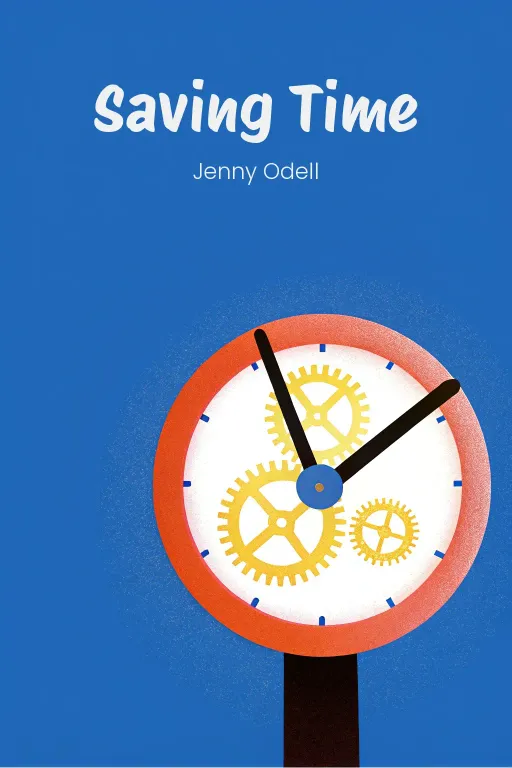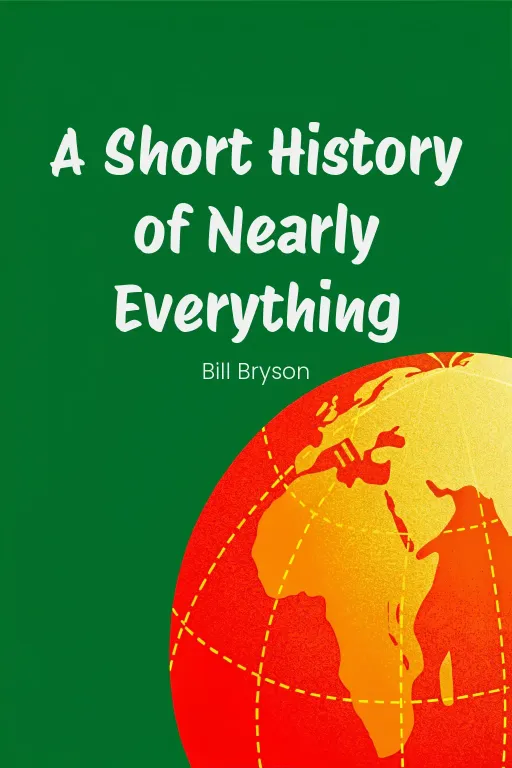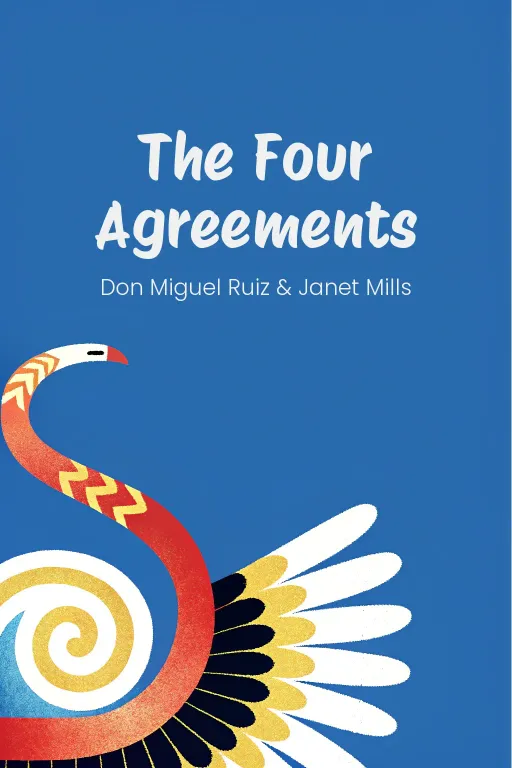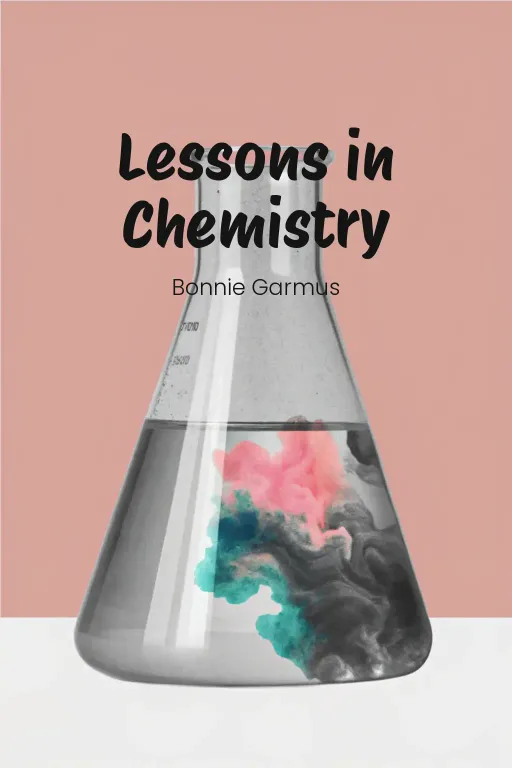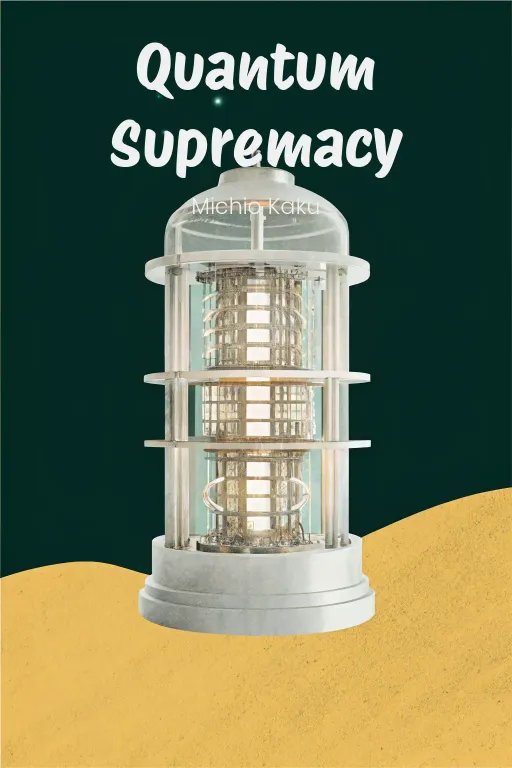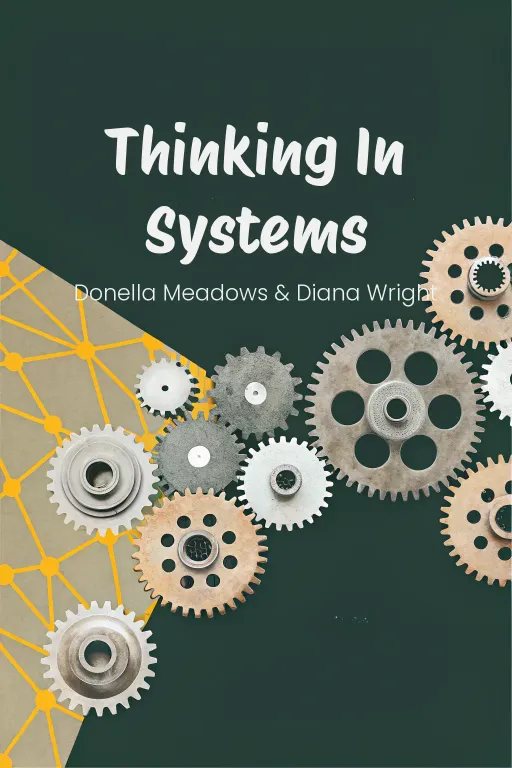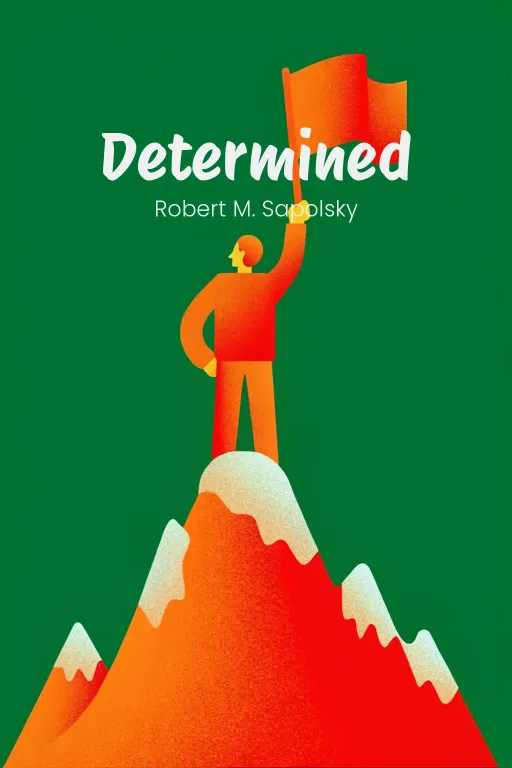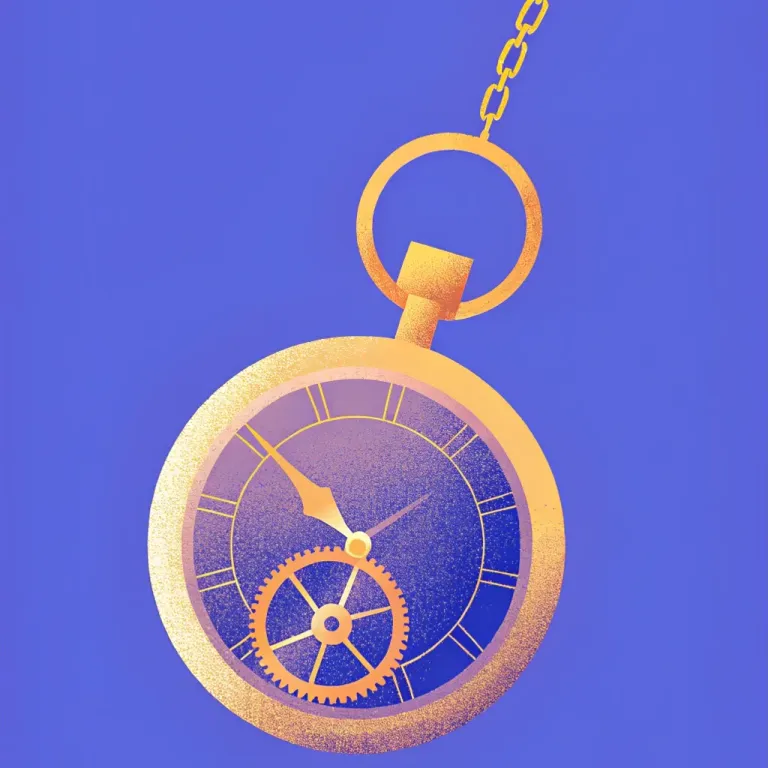
Time Offsets: Beyond the Capitalist Clock
Podcast by Wired In with Josh and Drew
Discovering a Life Beyond the Clock
Time Offsets: Beyond the Capitalist Clock
Part 1
Josh: Hey everyone, welcome! Today we're diving into a question that really defines our lives: what does it “mean” to save time? Drew: Yeah, because let’s be honest, time isn't just slipping away. It's getting used up and sold off. Does anyone else feel like their schedule is constantly being decided by others? Josh: That's exactly what Jenny Odell explores in her book, Saving Time: Discovering a Life Beyond the Clock. She really gets into how capitalism turned time into this thing that we’re constantly measuring and trading. And all this comes at the cost of our own well-being and even the planet. Drew: So, basically, this is about fixing the mess that industrialization and capitalism made of time. Are we talking about replacing deadlines with, say, appreciating nature? Josh: Well, not just that. Odell isn't just criticizing, she's offering a radical new way to live, built around three main ideas that we are going to explore today. Drew: Alright, I'm listening. Josh: First, she wants us to reconnect with the natural world. Things like moss or indigenous wisdom can help us see time less as a race against the clock, and more as a natural cycle. Drew: Moss as a life coach? Okay, I'm intrigued. Josh: Second, Odell turns our idea of free time completely upside down. What if rest wasn’t just about getting ready for more work, but a chance to connect with others and find shared meaning? Drew: So maybe mindlessly watching TV on the weekend isn’t the height of relaxation. Josh: Exactly! Finally, she argues for collective action. We need to look at how time plays a role in inequality, and rethink policies, activism, and even how we address climate change. Drew: So, fighting for justice starts with changing how we think about time? Josh: Precisely! Time isn’t just ticking away, it's shaping how we live, how we connect, and how we fight for a sustainable future. Ready to unpack this? Drew: I'm curious to see if moss actually “can” teach me something.
Reimagining Time Beyond Capitalism
Part 2
Josh: So, at the heart of Odell’s critique is this idea of time becoming a commodity, and honestly, it's hard to overstate how deeply capitalism has warped our relationship with time. This whole “time is money” thing didn't just pop up randomly, you know? It’s actually rooted in the Industrial Revolution, when factory schedules totally replaced the natural rhythms of daily life. It basically forced people to tie their worth to efficiency, productivity, and how much they could get done in short, measurable chunks. Drew: Yeah, and it didn't stop with factory whistles and timecards, did it? I mean, look at Amazon’s fulfillment centers—it’s like a modern industrial nightmare. Workers are tracked down to the second by algorithms, and their performance is based on how quickly they pack or pick stuff. Even the tiniest bit of "off-task" time can lead to penalties. It's like Taylorism on steroids. Josh: Exactly! Odell uses examples like that to really highlight how damaging this mindset is. Time becomes this super-regulated resource, and people are reduced to, well, cogs in a machine. And what’s worse, this model has seeped into pretty much every aspect of our lives. Think about the gig economy, right? Those workers are constantly trying to optimize every single moment—responding to demand in real time, competing against algorithms, managing ratings... It’s so exhausting. And the psychological impact—this constant worry about “wasted time”—just creates a culture of burnout. Drew: So, "time discipline" isn’t just punching a clock anymore; it’s about squeezing every drop out of every second, even if it’s at the expense of your mental health. You're saying capitalism has basically weaponized time against us. Josh: Exactly. And Odell asks a really important question: what if we just rejected this whole thing? And that’s where her exploration of ecological and indigenous concepts of time gets really powerful. She introduces the idea of “timefulness”—a term borrowed from a geologist named Drewia Bjornerud—who sees time not as something you try to dominate or chop up into pieces, but as something that connects us to the past, present, and future through the natural world. Drew: “Timefulness” sounds like the mindfulness cousin at a family reunion. So, break it down for me. What does it really mean? Josh: Well, it’s a way of relating to time that's really based in geological and ecological realities. Bjornerud, for instance, says we should learn to see time physically written into the landscape. Look at the layers of sediment in a rock, the rings of a tree, even the changing seasons. Each one tells a story of continuity and interdependence. Odell points out that these rhythms remind us that time isn’t just a series of linear "ticks"—it’s relational, cyclical, and really embedded in the ecosystem we’re a part of. Drew: So, instead of staring at the seconds ticking down on my phone, I'm supposed to... stare at rocks? Josh: Sort of! But the larger point is this: when we step outside of the capitalist mindset of time as a resource to exploit, we can start to see ourselves as part of something bigger—geological, ecological, even communal. And some indigenous communities have actually lived this way for centuries. Drew: Like who? Josh: Well, the Amondawa people in the Amazon are one example Odell mentions. Their whole idea of time is rooted in natural cycles—seasonal changes, stages of life—and it’s completely connected to their environment. They don’t think of time as something to measure or control. It’s lived, relational, and deeply connected to the land and their community. This approach encourages stewardship, because their temporal worldview values harmony and sustainability over some abstract economic progress. Drew: Okay, now I’m picturing my Google Calendar self-destructing. But seriously, this sounds like a completely different operating system for life. How do these ideas translate to, say, our modern urban life? Josh: That’s really the million-dollar question! Odell doesn’t just stop at critiques and theoretical alternatives. She really pushes for concrete collective action to reclaim time. And one of the main proposals she talks about is Universal Basic Income. Drew: UBI—so, money to free up our time? Sounds great on paper. What's the catch? Josh: The idea is pretty simple: by providing financial security, UBI gives people the ability to use their time without constantly worrying about survival. It creates space for creativity, care work, personal growth—or just resting. Some UBI pilot programs have actually shown really positive results, like lower stress and better mental health. And it's not just about individuals. By separating time from productivity, UBI could help build stronger communities, too. Drew: Okay, I get that. But you mentioned something called "temporal justice"—how is that different? Josh: Temporal justice takes this idea of redistributing time a step further. It's about tackling systemic inequalities in how we experience and control time. Think about workers with unpredictable schedules—shift workers, single parents, those who are constantly overworked. Temporal justice would mean creating policies to ensure fair and equal access to rest, care, and personal development. So, it’s not just about freeing up time; it’s about empowering those who are most exploited by these capitalist time structures. Drew: So, reclaiming time isn’t just about watching moss grow or birdwatching—it’s about rethinking policies and priorities on a systemic level. Got it. Does Odell offer any examples of this working in the real world? Josh: Definitely. The pandemic was a strange, unintentional case study. When lockdowns slowed everything way down, people found time to reconnect with nature. One example Odell brings up is the surge in birdwatching. Platforms saw huge increases in engagement as people started paying attention to birds in their local areas. For many, those moments of observation brought comfort, connection, and even a better understanding of their place in the world. That shift from productivity to attention became a lifeline—and it’s a really good example of how we can change our relationship with time. Drew: So, birds, rocks, trees, seasons—all those things we’ve been ignoring because they don’t fit neatly on a clock—can actually help us imagine something better. Josh: Exactly! And to create a better future, Odell argues, we can't just tweak the clock a little bit. We need to take apart the entire capitalist idea of time as a commodity and embrace new, inclusive ways of inhabiting it—ecological, communal, and just.
Conclusion
Part 3
Josh: So, to bring it all together, Jenny Odell's “Saving Time” really pushes us to reconsider what time “is”. It's not just something to burn through, but a whole network that connects us to everything—ecology, community, justice. She really nails it, from how capitalism turns time into a commodity, to how things like temporal justice and UBI could shake things up. It’s a critique, yeah, but also a roadmap for a more sustainable, human future. Drew: And she makes a great point about escaping that constant pressure to “do”, to “produce”. Whether it's observing moss, birdwatching, or just accepting that time isn't ours to control—it's something we're “part of”. Josh: Precisely! The task for us, both individually and together, is to view time as relational and cyclical, not something we just measure and try to dominate. So, perhaps the next step is simple: slow down, pay attention to the rhythms around you, and ask yourself—what kind of future could be possible if we stopped treating time as just another dollar? Drew: Always makes you think, Josh. Okay everyone, take a moment, maybe go find some moss to contemplate, and let’s begin to picture time in a new light.
